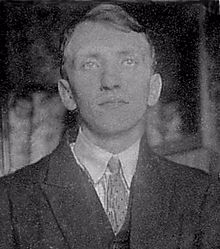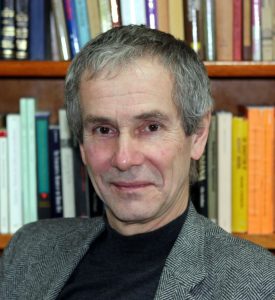Matthew Peterson
PhD Student, Philosophy of Religions
Historicity and Absence: On the Return of Excess in the Study of Religion
Wednesday, April 26, 4:30pm, Swift 403
The concept of experiential excess, once a defining feature of the study of religion, has seen a revitalization in recent years. This retrieval has been championed by Robert Orsi, a scholar of lived religion who, situating himself within what he calls “the tradition of the more,” wants to turn away from what is socially, linguistically, and historically given in experience to instead leave room for the unpredictability of the intersubjective realm, which he ascribes to the “really real” presence of the gods or the holy. Against this view that the intersubjective and social-historical realms can be so easily distinguished, I draw on the continental philosophical tradition, especially Michel de Certeau, to argue for a sense of the excessive or holy as absent, understood as products of historicity. I then explore whether such a perspectival shift is enough to allow scholars to interrogate excessive experiences alongside or even in light of their theological, atheological, or agnostic commitments, without allowing those commitments to set the terms of the conversation.
The Workshop on the Philosophy of Religions is committed to maintaining itself as a fully accessible and inclusive workshop. Please contact Workshop Coordinator Matthew Peterson (mjpeterson@uchicago.edu) in order to make any arrangements necessary to facilitate your participation in workshop events.









